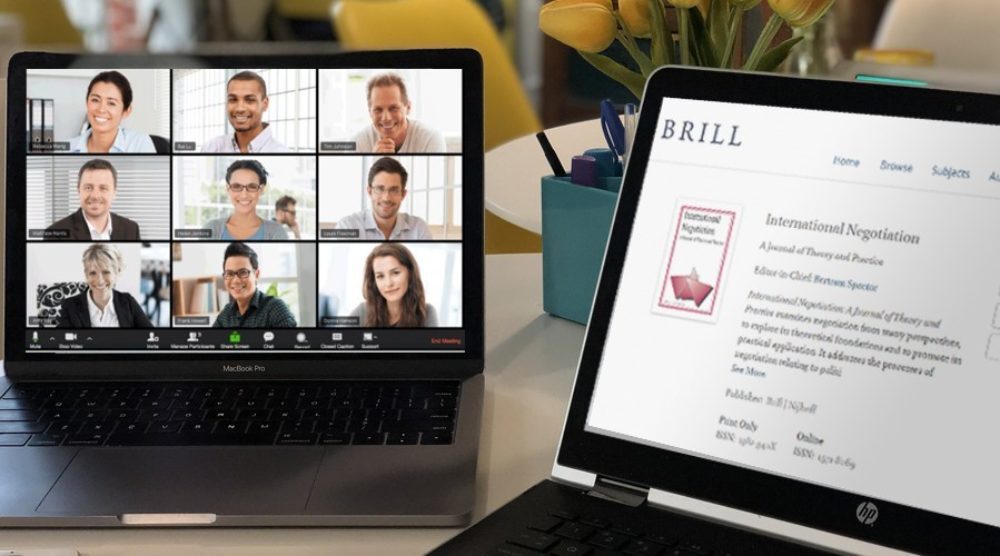To celebrate the 25th anniversary of International Negotiation, the journal published a special issue in 2020 devoted to the expertise of its Editorial and Advisory Board. All Board members, including Dr Larry Crump, a Board member for over ten years and Senior Lecturer at the Department of Business Strategy and Innovation, were invited to contribute an article in their specialised field of study. Larry has devoted much of his academic career to the study of negotiation complexity so he submitted a survey article on the state of practice titled “Tools for managing complex negotiations.”
Significant advances have been made in developing conceptual tools, although similar progress has not been achieved in building operational tools to manage negotiation complexity. Through this analysis, operational tools are identified that require further development, including:
- Tools to effectively manage the pre-negotiation and end-game stages of complex negotiation process, as these are the stages where opportunity is most often gained or lost;
- A framework to understand negotiator inclusion and exclusion at the negotiation table;
- The relationship between the similarities–dissimilarities of negotiators, the divergent interests of these negotiators and negotiated outcome;
- The strategic use of divergence and convergence in complex settings;
- The strategic use of precedents at the negotiation table including precedent building, applying precedents and refuting precedent relevance;
- Power and the two most common forms of structural complexity: multilateral (with their strategic focus on coalition-building) and bilateral-multiparty negotiations (with their strategic focus on team-building).
Please click here to read the full ‘Tools for managing complex negotiations’ article originally published at BSI Connection.








